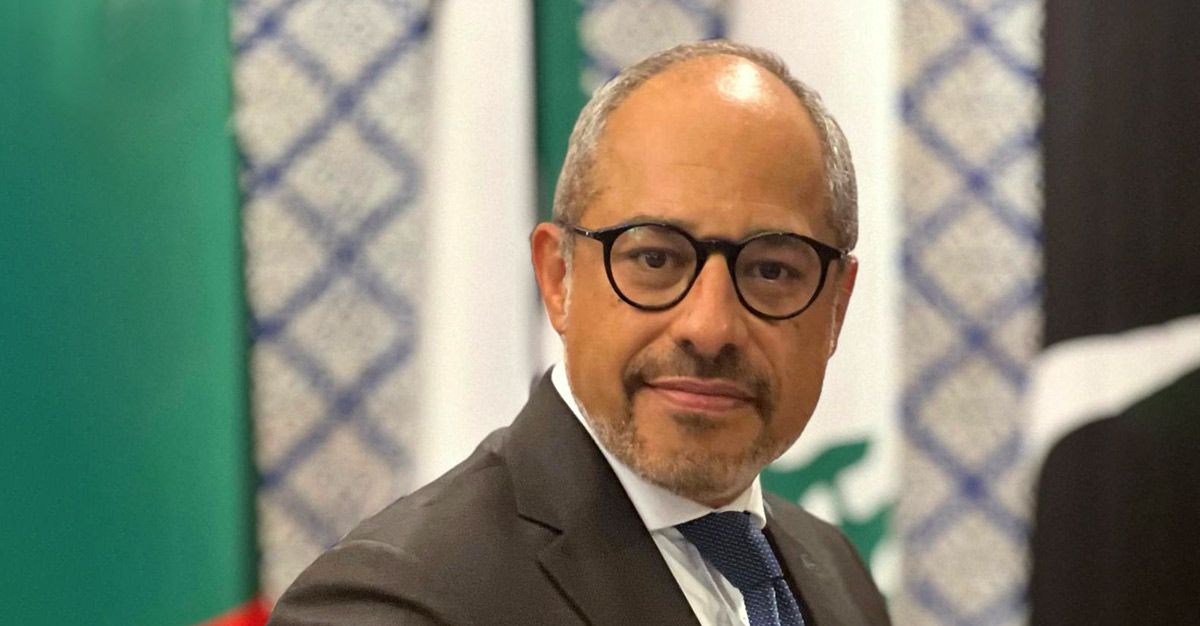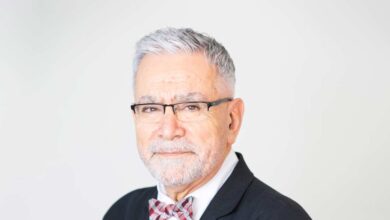Why Health Investment Matters for National Security
Dr. Ossama Shaheen, International Marketing Expert

The right to health has long been recognized as one of the most fundamental human rights and a cornerstone of social well-being. Yet, in recent decades, it has become increasingly clear that investment in the health sector goes far beyond being a moral or developmental obligation; it is a vital pillar of national security. Strong health systems act as the first line of defense in times of crisis, while insufficient investment leaves societies vulnerable to shocks that threaten economies and destabilize social and political order.
One of the clearest dimensions of this role is the ability to respond to pandemics and health emergencies. The COVID-19 pandemic exposed the fragility of many health systems, leading to economic paralysis, social tensions, and disruptions to global supply chains. By contrast, countries such as South Korea and Germany, which had invested heavily in health infrastructure and medical technologies, demonstrated greater resilience. Through widespread testing, rapid vaccination campaigns, and expanded hospital capacity, they managed the crisis effectively. This contrast underscores that health investment not only protects individuals but also safeguards state stability.
Health investment also directly contributes to economic resilience. Healthy populations are more productive, less dependent on social welfare, and better equipped to drive growth. According to the World Health Organization estimates, every dollar invested in health generates a return of two to four times in terms of productivity and economic output. Rwanda offers a notable example: expanding primary healthcare and universal coverage reduced mortality rates, attracted foreign investment, and reinforced both economic and social stability.
On a societal level, health investment promotes equity and strengthens trust between citizens and the state. Inclusive and fair healthcare systems reduce marginalization and minimize the risk of unrest or conflict. Brazil’s Bolsa Família program, for instance, linked cash transfers to access to health and education services, narrowing class divides and reinforcing social cohesion.
The security dimension is equally critical, as health investment directly impacts military readiness and defense capacity. Strong armies require physically and mentally fit personnel, while military healthcare systems are an integral part of national defense. The United States, for example, embeds “health security” within its national security doctrine, channeling substantial investments into medical research, epidemic surveillance, and military health infrastructure.
The influence of health investment also extends beyond national borders, serving as a tool of soft power and diplomacy. Countries that support global health and strengthen the capacities of others gain allies and expand their influence. China’s Health Silk Road initiative illustrates this clearly, funding hospitals, providing vaccines, and training medical staff in developing nations to consolidate its geopolitical presence. In Egypt and the Arab region, integrating health investment with areas such as medical tourism or the pharmaceutical industry can similarly elevate regional and international standing.
Looking ahead, the importance of health investment will only grow in the face of emerging challenges such as climate change, population aging, and antimicrobial resistance. Priorities will include building environmentally sustainable hospitals, expanding digital health and telemedicine services, and fostering pharmaceutical and biotech innovation, critical steps to shield economies and societies from both anticipated and unforeseen shocks.
In sum, health investment represents a strategic cornerstone of national security. It strengthens crisis response, boosts economies, reinforces social stability, ensures military readiness, and enhances international influence. The message to policymakers is clear: every dollar invested in health today is an investment in tomorrow’s stability, prosperity, and security. Nations that recognize this reality will be best positioned to protect their people and secure their place in the global order.














